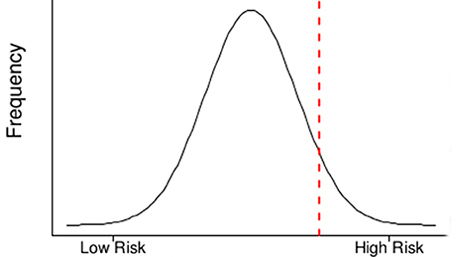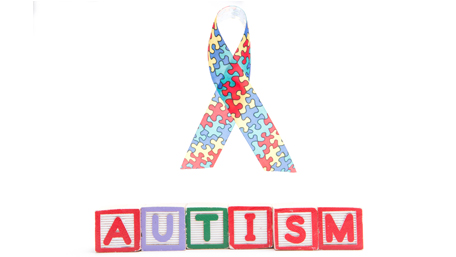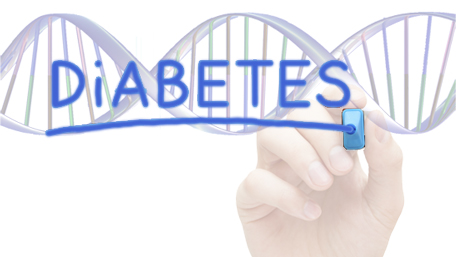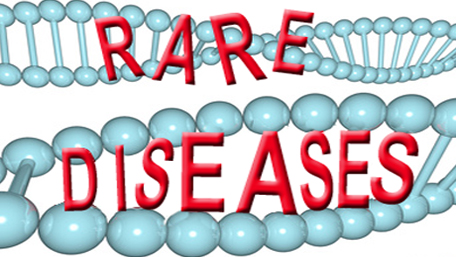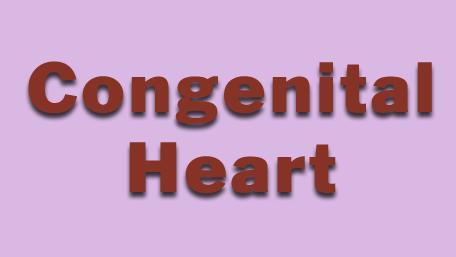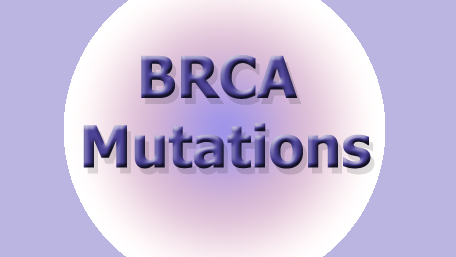
02/19/2020
Hot Topics of the Day are picked by experts to capture the latest information and publications on public health genomics and precision health for various diseases and health topics. Sources include published scientific literature, reviews, blogs and popular press articles.
Sign up MyPHGKB to receive the daily hot topic email alert.
Archived Hot Topics of the Day By Date
Do Polygenic Risk Scores Improve Patient Selection for Prevention of Coronary Artery Disease?
SS Khan et al, JAMA Editorial, February 18, 2020
Application of Twitter and web news mining in infectious disease surveillance systems and prospects for public health.
Jahanbin Kia et al. GMS hygiene and infection control 2019 14Doc19
Towards developing a practical artificial intelligence tool for diagnosing and evaluating autism spectrum disorder: A study using multicenter ABIDE II datasets.
Lu Long et al. JMIR medical informatics 2020 Feb
Using Social Media to Track Geographic Variability in Language About Diabetes: Analysis of Diabetes-Related Tweets Across the United States.
Griffis Heather et al. JMIR diabetes 2020 Jan 5(1) e14431
Review of current status of molecular diagnosis and characterization of monogenic diabetes mellitus: a focus on next-generation sequencing.
Campbell Michelle Renee et al. Expert review of molecular diagnostics 2020 Feb
Predicting death by suicide using administrative health care system data: Can recurrent neural network, one-dimensional convolutional neural network, and gradient boosted trees models improve prediction performance?
Sanderson Michael et al. Journal of affective disorders 2020 Mar 264107-114
Determining the incidence of rare diseases.
Bainbridge Matthew N et al. Human genetics 2020 Feb
Genetic considerations for adults with congenital heart disease.
Ito Seiji et al. American journal of medical genetics. Part C, Seminars in medical genetics 2020 Feb
Management of Male Breast Cancer: ASCO Guideline.
Hassett Michael J et al. Journal of clinical oncology : official journal of the American Society of Clinical Oncology 2020 Feb JCO1903120
Risk Assessment, Genetic Counseling, and Genetic Testing for BRCA-Related Cancer: Recommendation Statement.
et al. American family physician 2020 Feb 101(4) 233-238
Risk Assessment, Genetic Counseling, and Genetic Testing for BRCA-Related Cancer.
Mills Justin et al. American family physician 2020 Feb 101(4) 239-240
Genetic Predisposition to Breast and Ovarian Cancers: How Many and Which Genes to Test?
Angeli Davide et al. International journal of molecular sciences 2020 Feb 21(3)
Disclaimer: Articles listed in Hot Topics of the Day are selected by Public Health Genomics Branch to provide current awareness of the scientific literature and news. Inclusion in the update does not necessarily represent the views of the Centers for Disease Control and Prevention nor does it imply endorsement of the article's methods or findings. CDC and DHHS assume no responsibility for the factual accuracy of the items presented. The selection, omission, or content of items does not imply any endorsement or other position taken by CDC or DHHS. Opinion, findings and conclusions expressed by the original authors of items included in the Clips, or persons quoted therein, are strictly their own and are in no way meant to represent the opinion or views of CDC or DHHS. References to publications, news sources, and non-CDC Websites are provided solely for informational purposes and do not imply endorsement by CDC or DHHS.
- Page last reviewed:Feb 1, 2024
- Page last updated:May 01, 2024
- Content source:


